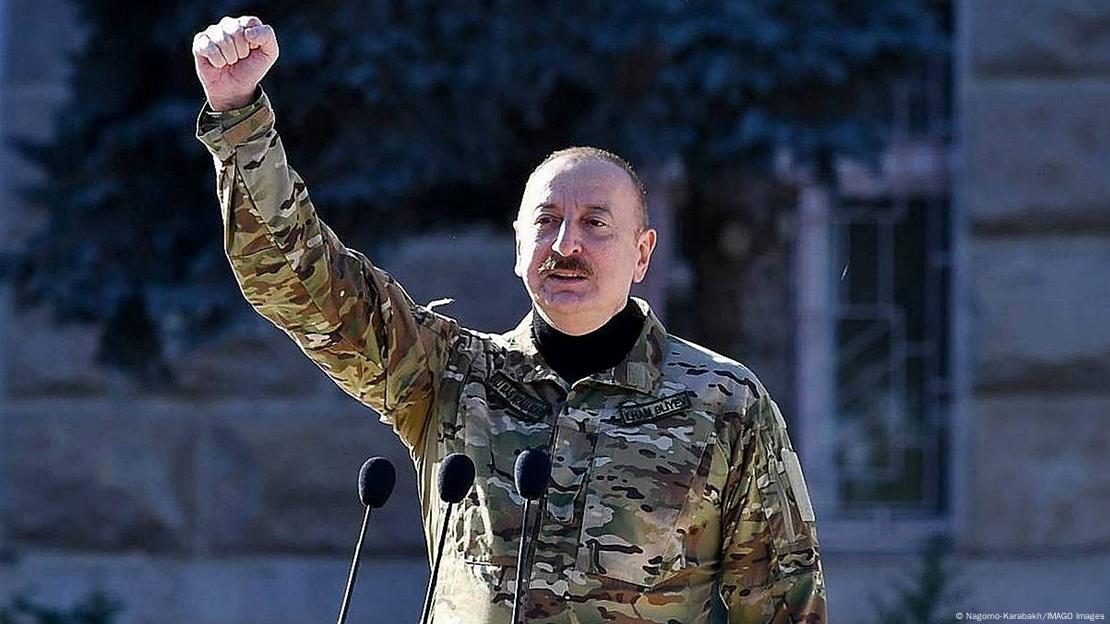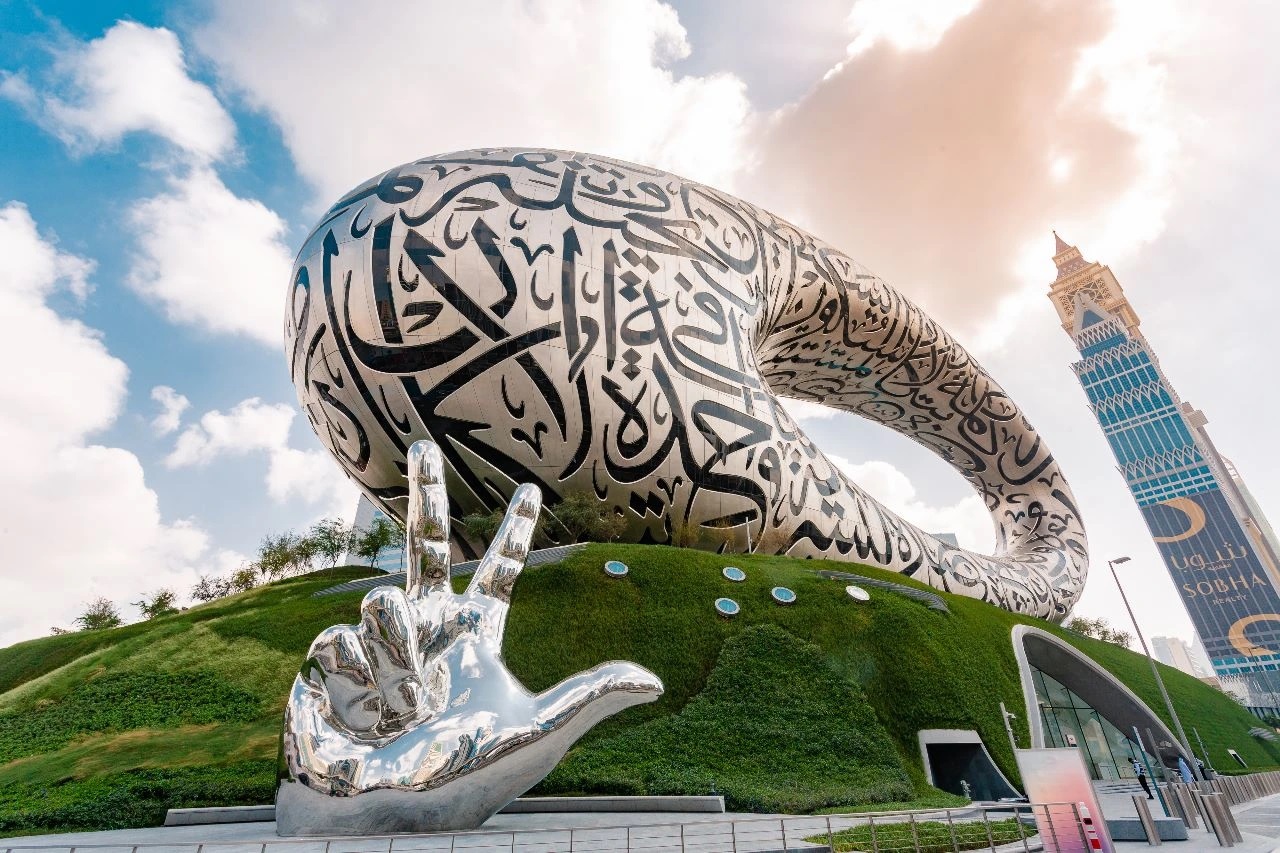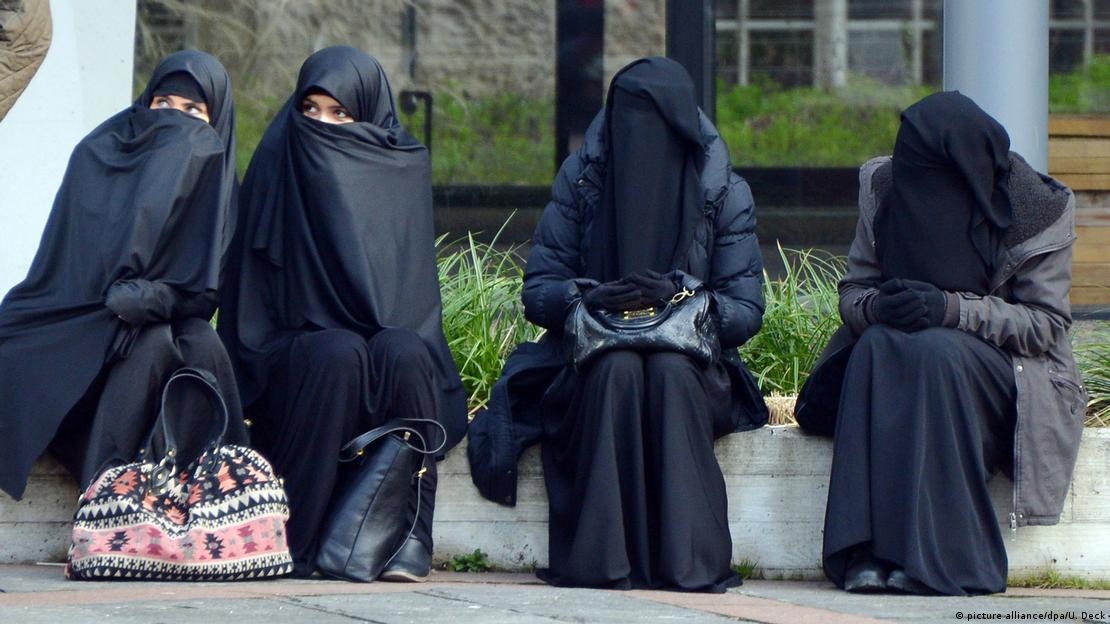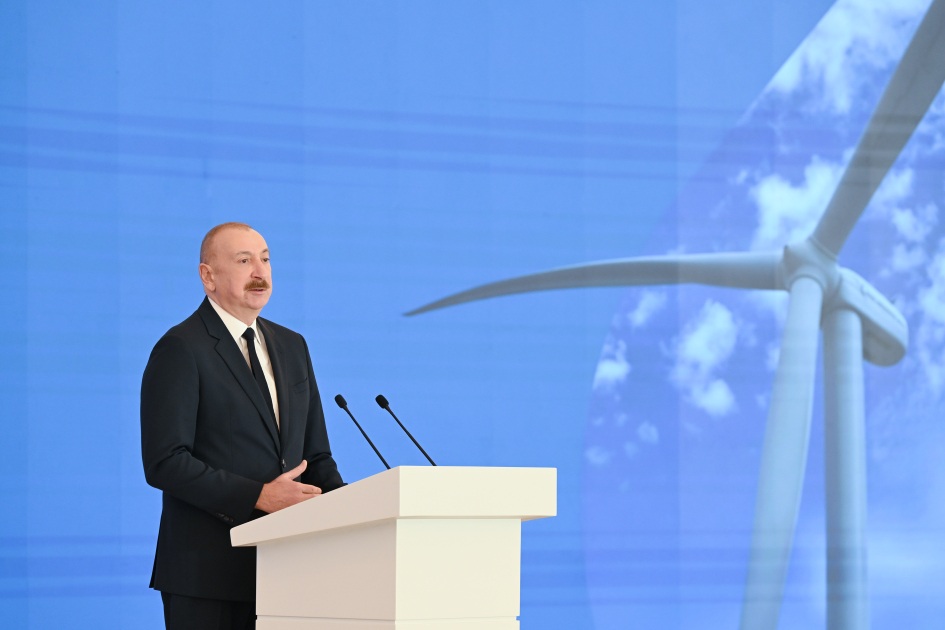
During the post-Soviet period, Azerbaijan experienced territorial fragmentation, faced various geopolitical challenges, and relied on support from external powers. Nearly 20 per cent of its lands were occupied and destroyed by Armenia, and close to 700,000 citizens were displaced. Peace negotiations repeatedly failed as Armenia, emboldened by its alliance with Russia, ignored international law and four UN Security Council resolutions demanding withdrawal from the occupied territories. That chapter is now closed, and Baku has taken on a new role as a confident regional power.
By Vasif Huseynov
That prolonged injustice endured until September 2020, when Azerbaijan, leveraging its modernised army and diversified international partnerships, launched the Second Karabakh War to reclaim its territories. The successful restoration of its territorial integrity in 2023, followed by the early withdrawal of Russian peacekeepers from Karabakh in May 2024.
It marked the beginning of a new geopolitical chapter. Azerbaijan became the only post-Soviet country in Eastern Europe and the South Caucasus free from Russian military presence — a powerful symbol of regained sovereignty and strategic autonomy.
This transformation has reshaped Azerbaijan’s foreign policy identity. No longer a passive player in regional politics, Baku has emerged as a proactive, confident, and pragmatic actor capable of balancing relations among rival powers. Its diplomacy is guided by the principles of sovereignty, non-alignment, and multivector engagement.
This formula allows the country to maintain independence amid the Russia–West confrontation, deepen relations with the Muslim world, and expand cooperation with Europe and the United States.
Under President Ilham Aliyev, Baku has positioned itself as a neutral yet assertive power capable of facilitating dialogue between conflicting countries and promoting peace around the world. This balance of pragmatism and neutrality has earned Azerbaijan recognition as a reliable partner and an emerging diplomatic bridge between East and West.
Navigating Power Rivalries: The Russia–West Balancing Act
Few states have managed the post-Ukraine war geopolitical turbulence as deftly as Azerbaijan. From the outset of Russia’s invasion of Ukraine, Baku upheld Ukraine’s sovereignty and territorial integrity, offering up to $50 million in humanitarian and energy assistance, while avoiding direct military involvement. It even signed an agreement to supply natural gas to Ukraine in 2025 — a bold move that underscored its commitment to European energy security.
In parallel, there have been tensions in Azerbaijan’s relations with Russia, especially after the tragic downing of an Azerbaijani Airlines commercial aircraft over Russian territory in December 2024, which killed all 38 people on board.
The ensuing crisis, marked by diplomatic tensions, cyberattacks, and mutual recriminations, tested the limits of Azerbaijan–Russia relations. Yet, Baku stood firm. President Aliyev demanded accountability and compensation, signalling that Azerbaijan would no longer tolerate Russian dominance in the South Caucasus.
The turning point came in October 2025, when President Aliyev met Vladimir Putin in Dushanbe during the summit of the Commonwealth of Independent States (CIS). The meeting — following months of heightened tensions — resulted in Putin’s public acknowledgement of Russia’s responsibility for the incident. This rare admission from Moscow was not only a diplomatic achievement for Baku but also a testament to Azerbaijan’s rising influence.
At the same time, Azerbaijan’s diplomacy has shown a remarkable ability to compartmentalise — to criticise when necessary, yet cooperate where interests align. Despite the strains with Moscow, Azerbaijan remains vital for Russia’s connectivity ambitions through the North–South Transport Corridor linking Russia with South Asia via the South Caucasus and Iran.
This dual role, facilitating Western access to Central Asia through the Middle Corridor while enabling Russia’s southern outreach, gives Azerbaijan unparalleled leverage.
Simultaneously, Azerbaijan’s engagement with the West has accelerated. In August 2025, Baku and Washington began work on a Charter on Strategic Partnership, upgrading bilateral relations to an unprecedented level.
In the Washington summit, Azerbaijan also reached a long-sought agreement with Armenia on the Zangezur corridor – a transportation passage between the mainland Azerbaijan and its Nakhchivan exclave via the southern part of Armenia. The two formerly conflicting countries have also initialled their peace treaty by ending decades-long violent conflict through the mediation of President Trump.
President Aliyev’s diplomatic engagements over the past two weeks – from the European Political Community summit in Copenhagen on October 2 to the Organisation of Turkic States (OTS) summit in Gabala on October 7, the CIS summit in Dushanbe on October 10, and the Middle East Summit in Egypt on October 12 – encapsulate this multidimensional outreach.
Within just ten days, Azerbaijan demonstrated its ability to operate simultaneously in European, Eurasian, and Middle Eastern diplomatic theatres.
Azerbaijan’s Expanding Role in the Middle East and Beyond
As Azerbaijan consolidates its position in Eurasia, it is also emerging as an influential diplomatic actor in the Middle East. Once primarily focused on the South Caucasus, Baku now engages across the broader region — not through military might, but through mediation, reconstruction, and trust.
This evolution was vividly illustrated in October 2025, when Azerbaijan participated in the Middle East Peace Summit in Sharm el-Sheikh. The ceasefire agreement, facilitated by the United States, Egypt, Qatar, and Türkiye, brought a fragile but hopeful truce after months of conflict. In the aftermath of this agreement, new discussions have emerged regarding the deployment of an international peacekeeping mission in the Gaza Strip.
According to media reports, Indonesia, Azerbaijan, and Pakistan are the main candidates being considered to participate in this mission. Negotiations are underway on forming a stabilisation force to help secure the post-conflict environment in Gaza, though no firm commitments have yet been made.
Under U.S. President Donald Trump’s proposed 20-point Middle East peace plan, these international forces would train Palestinian police and ensure public safety, while no U.S. troops would be deployed on the ground. If realised, Azerbaijan’s participation in such a mission would mark a significant milestone — both as an expression of its growing global credibility and as a reflection of trust from Washington and regional stakeholders.
Forging Turkic Unity: Azerbaijan’s Leadership within the OTS
Azerbaijan is also playing a critical role in the integration of the Turkic states within the Organisation of Turkic States (OTS). The 12th Summit of the OTS, held on 7 October 2025 in Gabala, Azerbaijan, under the theme “Regional Peace and Security,” marked a decisive stage in the evolution of integration within the Turkic world.
The gathering brought together leaders from Azerbaijan, Kazakhstan, Kyrgyzstan, Turkey, and Uzbekistan, as well as observer states Hungary, Turkmenistan, and the Turkish Republic of Northern Cyprus.
The Gabala Declaration, adopted at the meeting’s conclusion, reaffirmed the commitment of member states to peace, prosperity, and regional integration as outlined in the OTS’s foundational documents and the Turkic World Vision–2040. President Aliyev emphasised the need to transform the OTS into a more cohesive and influential international actor capable of shaping global developments rather than merely adapting to them.
A major highlight of the summit was his proposal to organise the first-ever joint military exercises of the Turkic states in 2026 — a move intended to enhance coordination, interoperability, and readiness to address threats such as terrorism, border insecurity, and hybrid warfare.
This initiative reflected Azerbaijan’s broader goal: to strengthen the OTS not as a military bloc, but as a mature and self-reliant regional institution.
With growing economic potential, demographic dynamism, and strategic geography stretching from the Mediterranean to Central Asia, the Turkic world is increasingly poised to emerge as a distinct pole of influence in a multipolar world. The organisation expanded cooperation to more than forty areas, from trade and digital transformation to sustainable development and green energy.
Intra-Turkic trade marked a significant rise, supported by mechanisms such as the Turkic Investment Fund and the Turkic Green Finance Council. As President Aliyev noted, deepening cooperation within the OTS is both a strategic priority and an embodiment of Azerbaijan’s foreign policy principle: advancing regional self-reliance, connectivity, and stability.
A Confident Power in a Complex World
In just two decades, Azerbaijan has journeyed from a war-scarred nation to a confident and indispensable regional power. By combining hard-won sovereignty with pragmatic diplomacy, it has secured influence across multiple regions without compromising independence.
Its ability to balance ties between Russia and the West, maintain credibility in the Islamic world, and foster trust with other major powers exemplifies a rare model of 21st-century statecraft.
As global fault lines deepen, Azerbaijan’s diplomacy demonstrates that small states can play large roles — not through coercion, but through credibility. Under President Ilham Aliyev’s leadership, Baku’s foreign policy has matured into a sophisticated blend of realism and initiative, one that positions Azerbaijan as a bridge between continents and as a steady voice for dialogue in an increasingly fragmented world.






